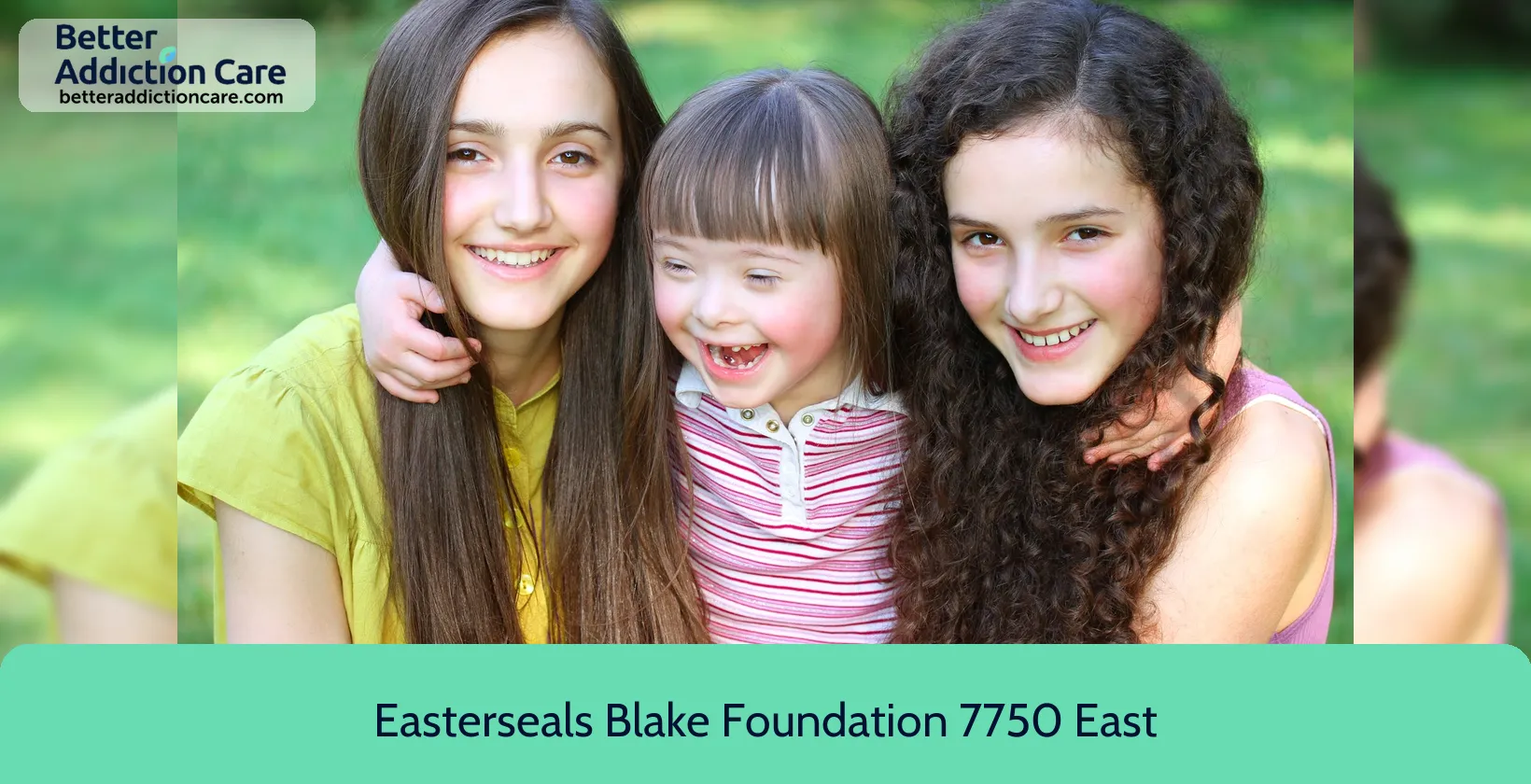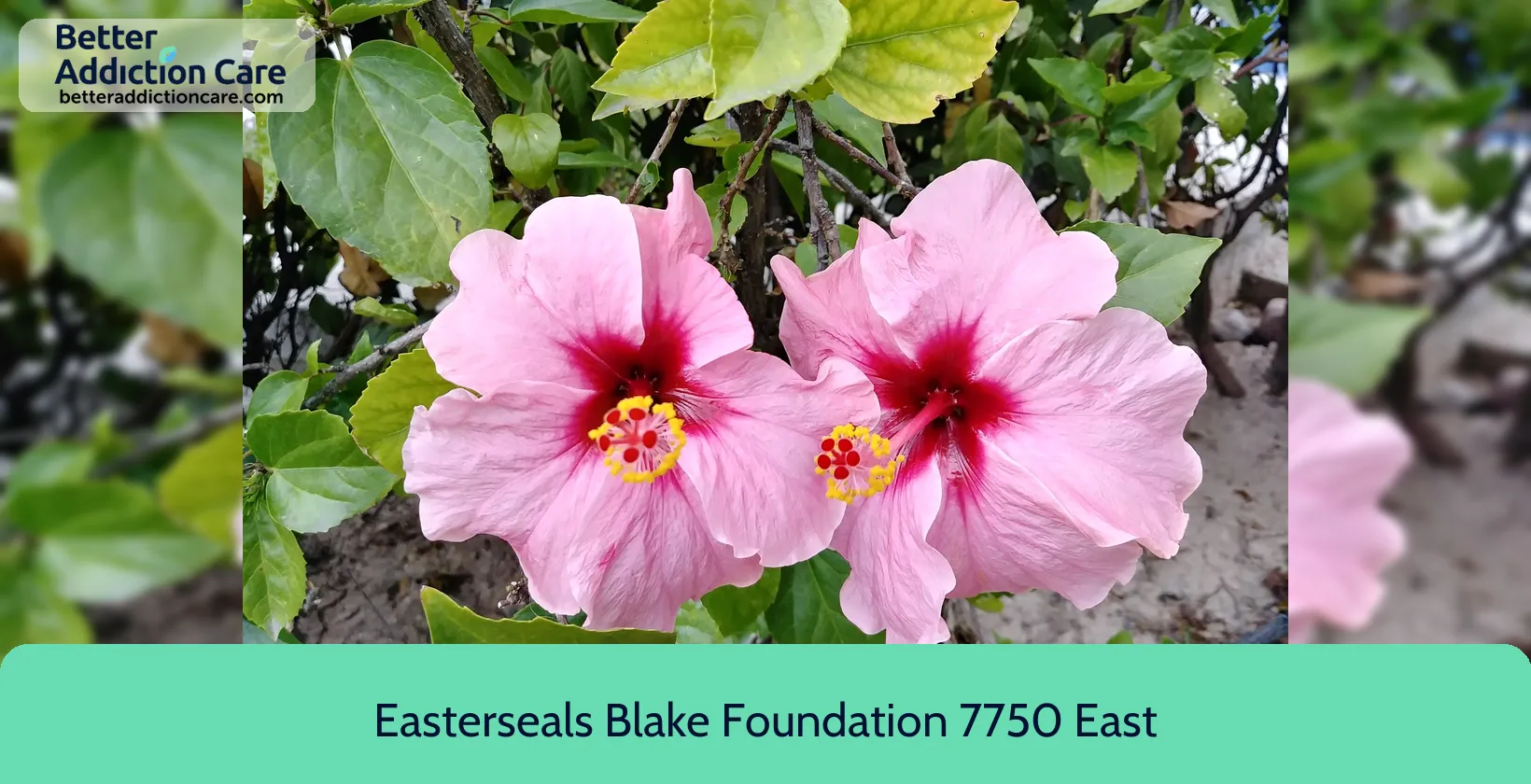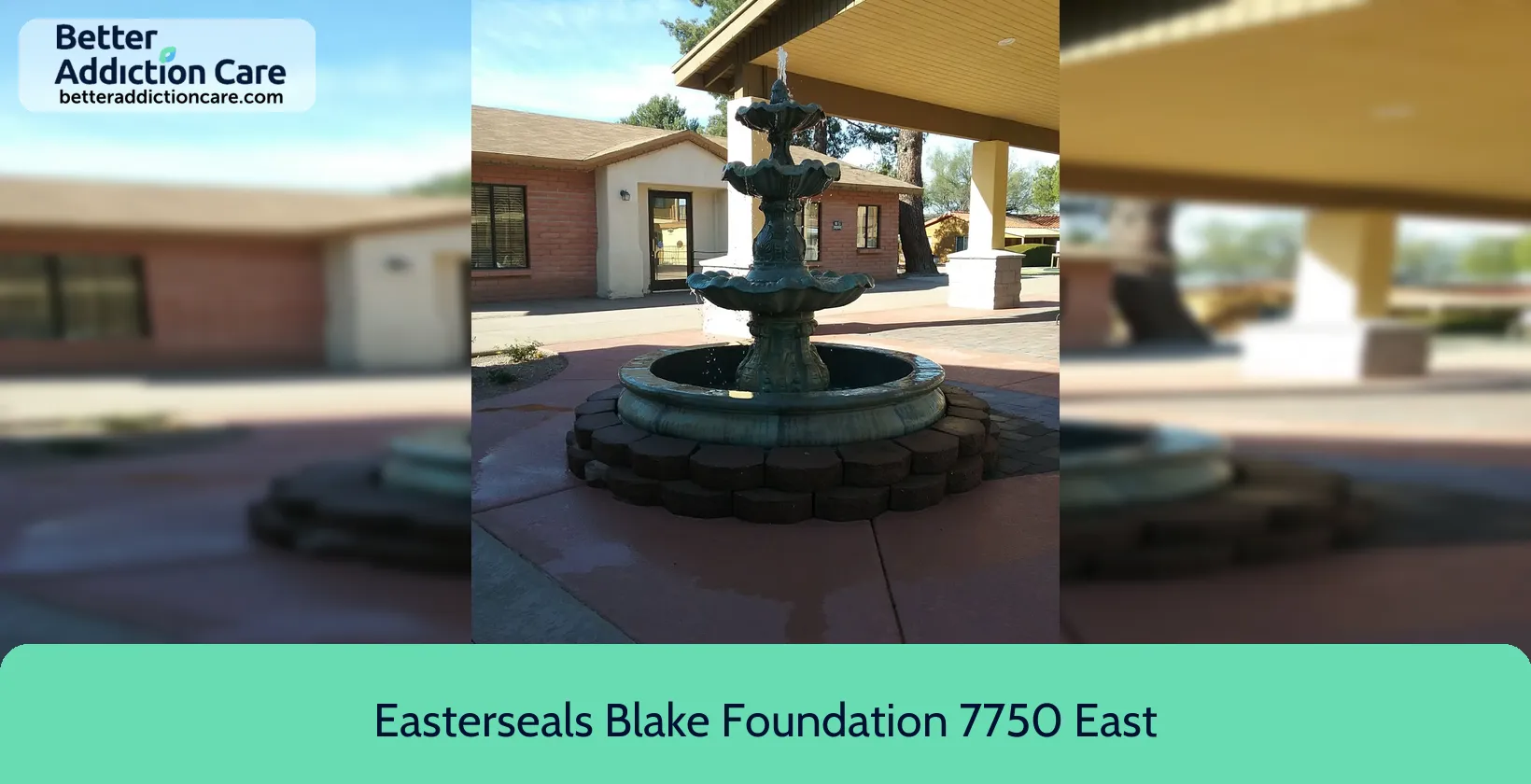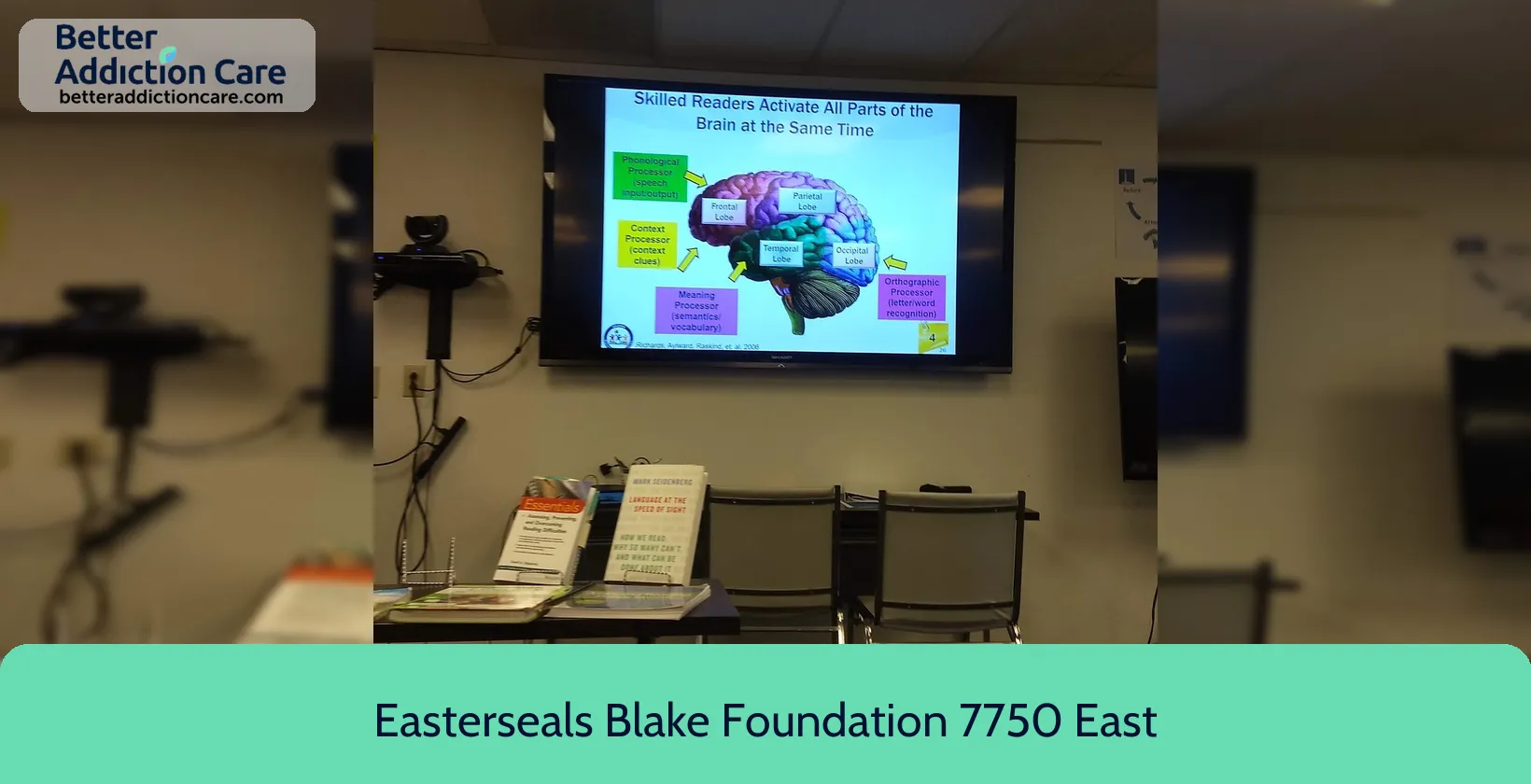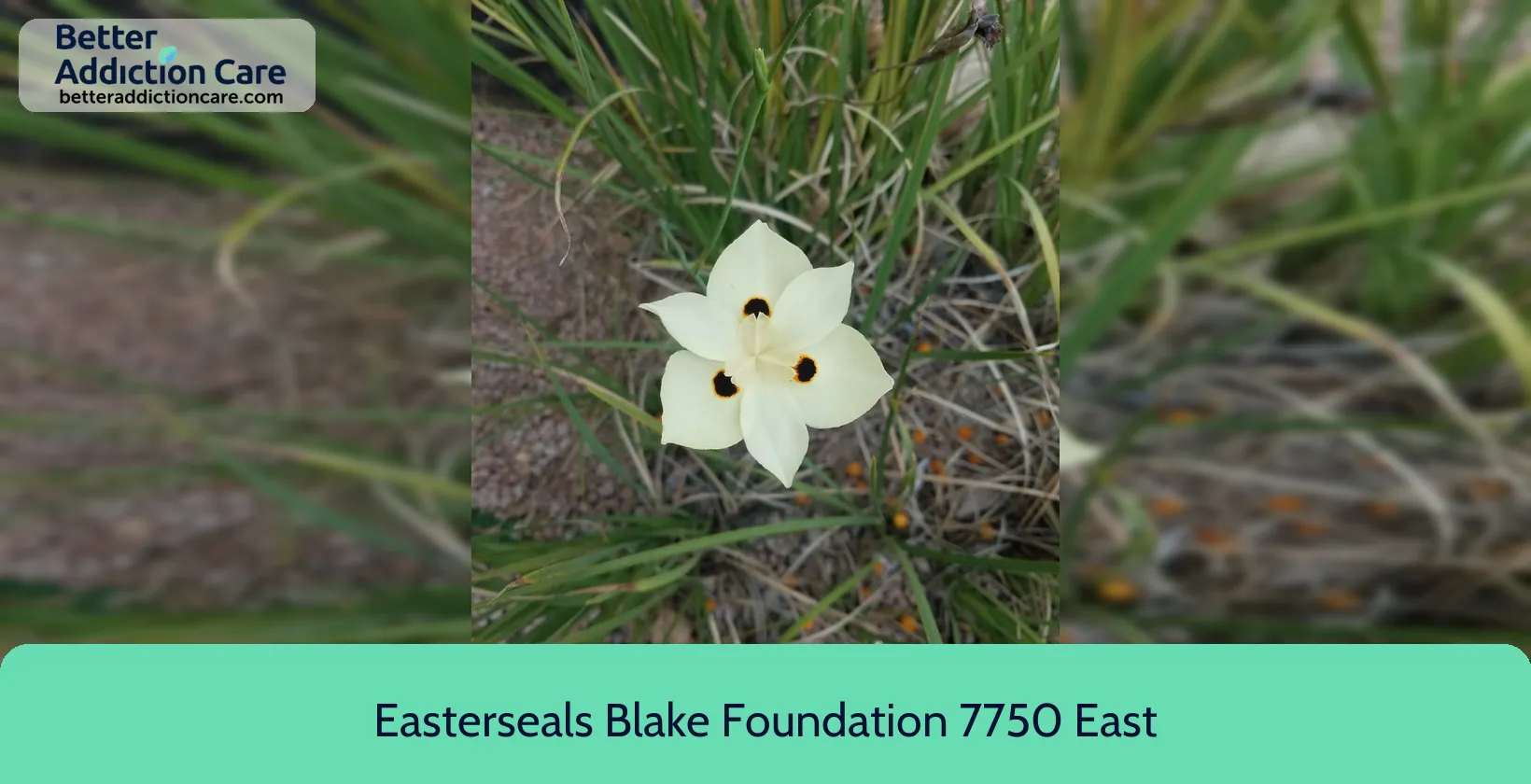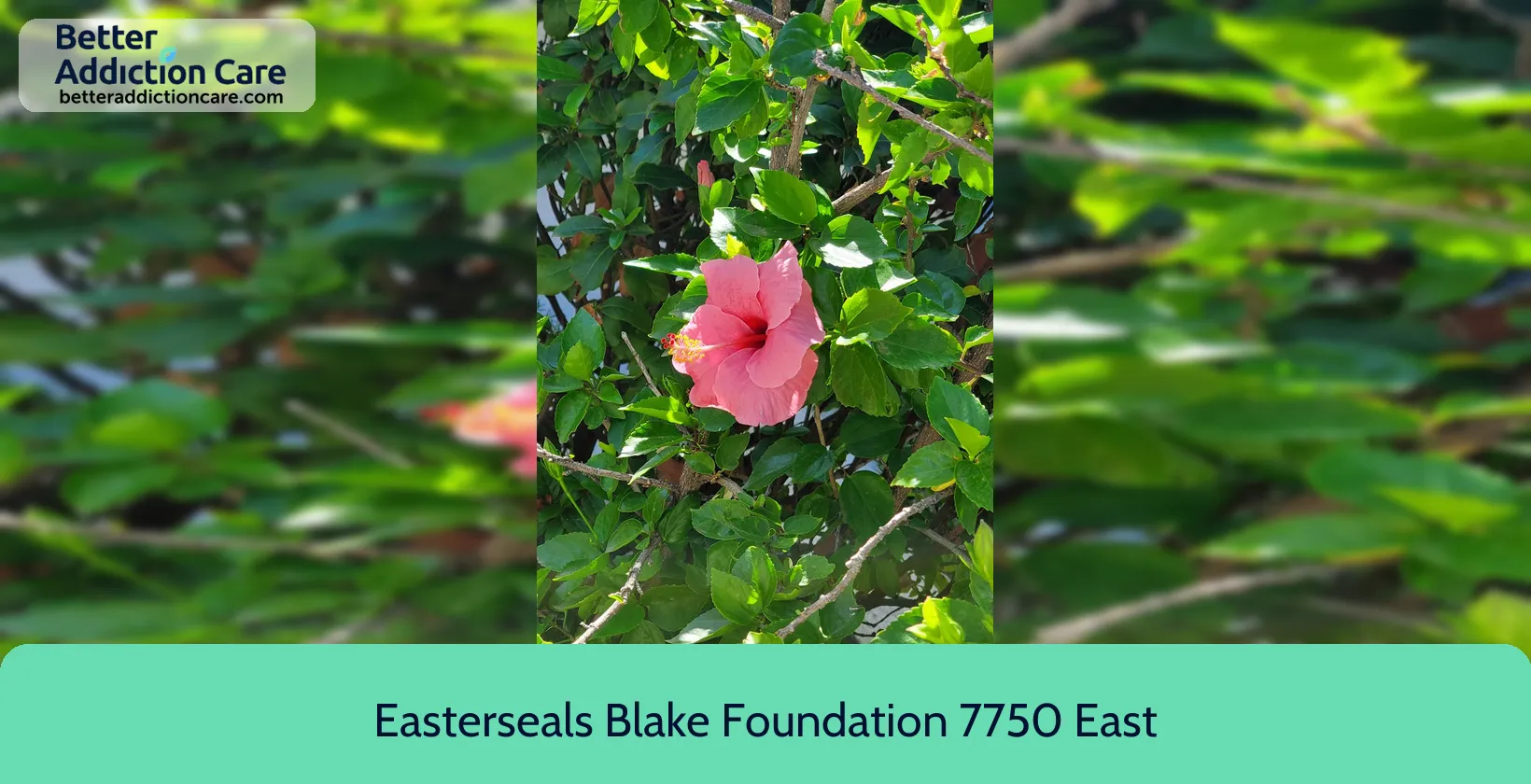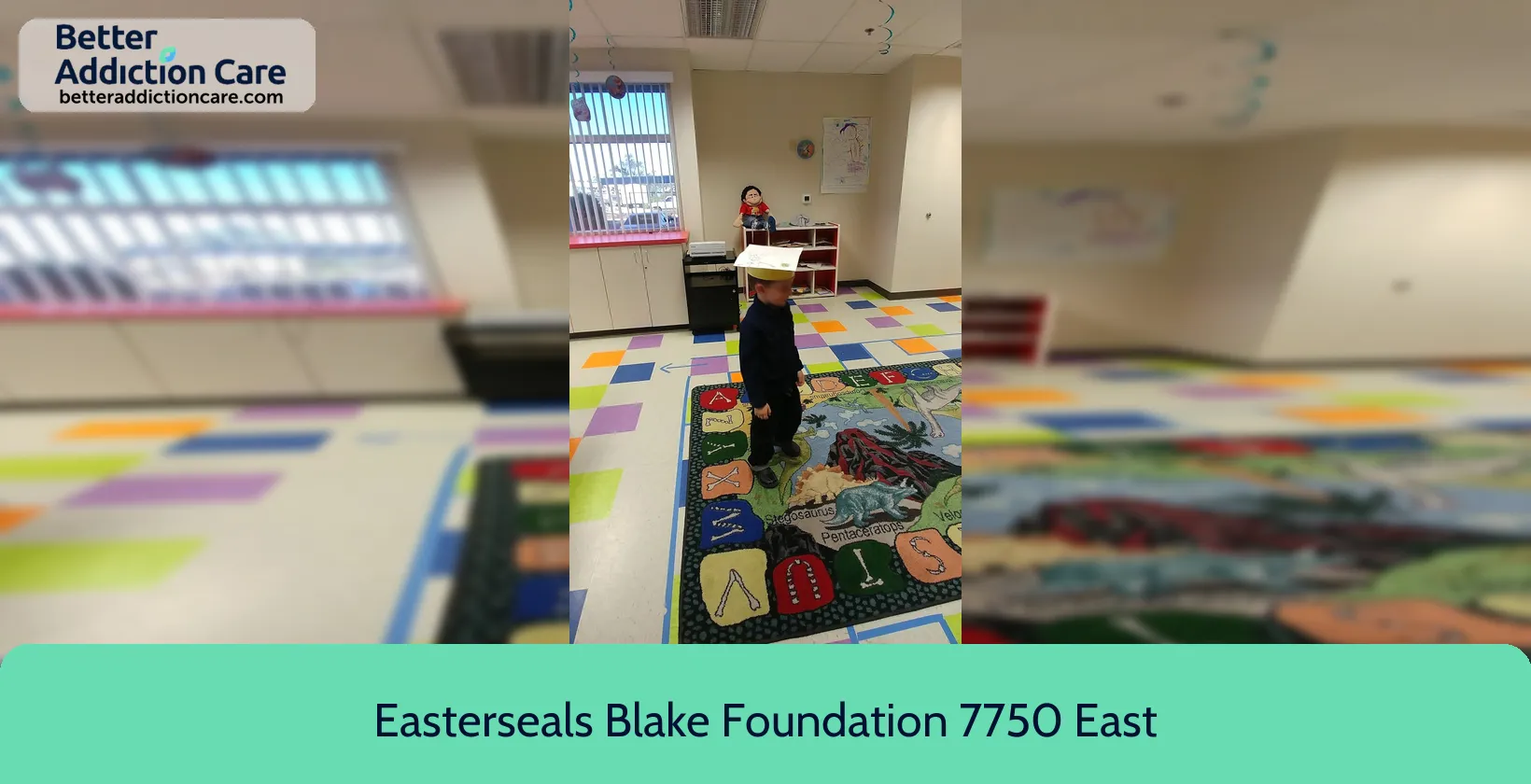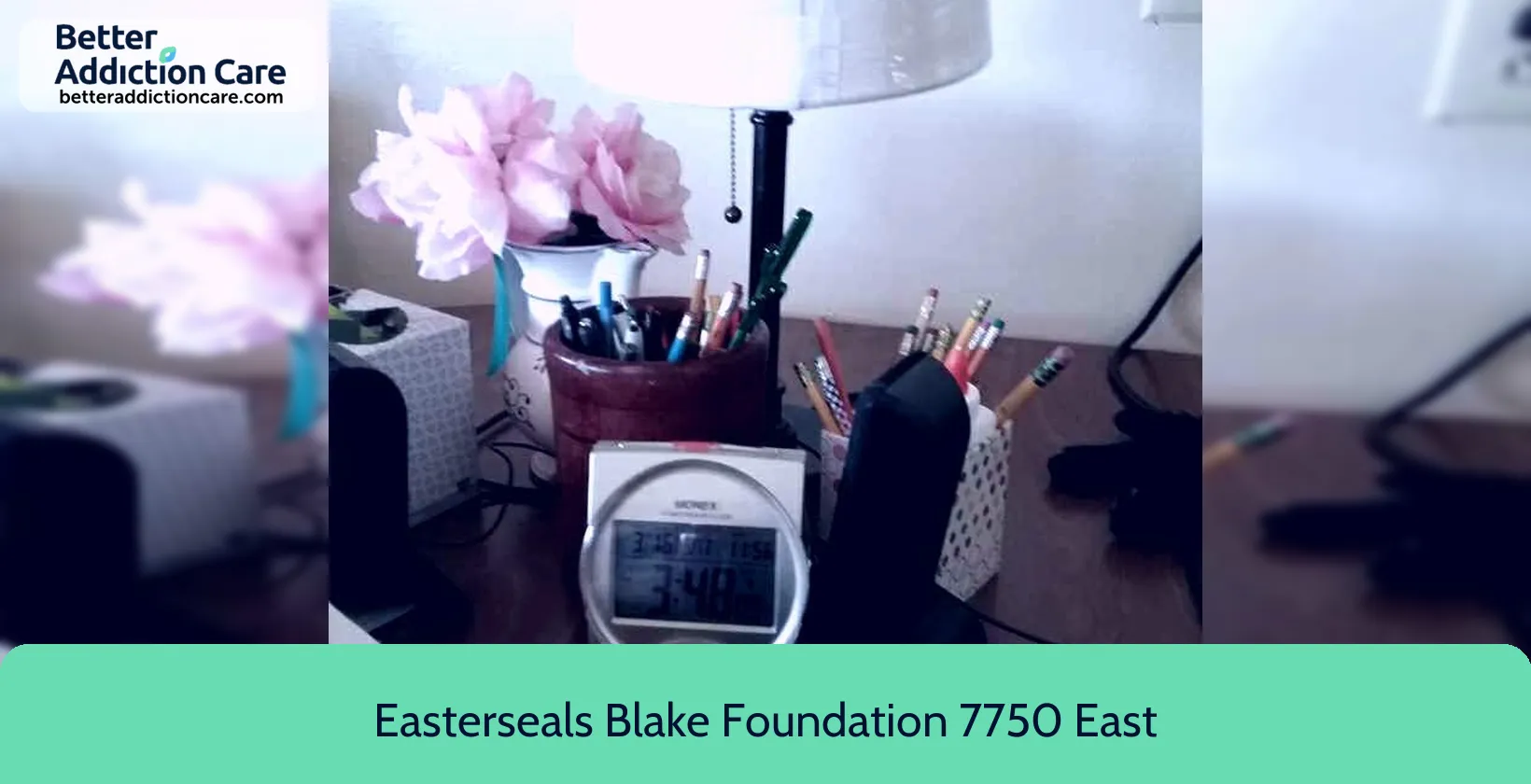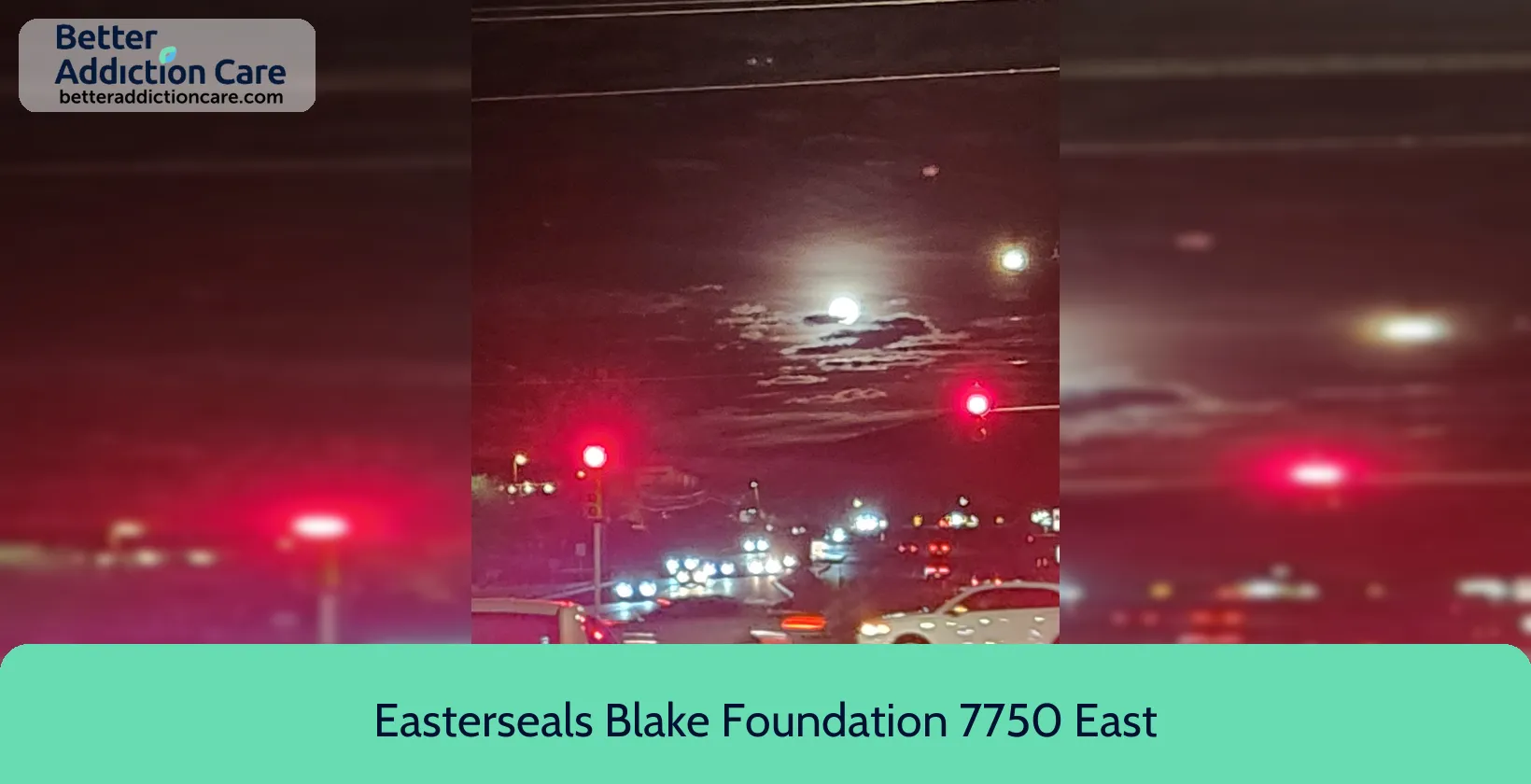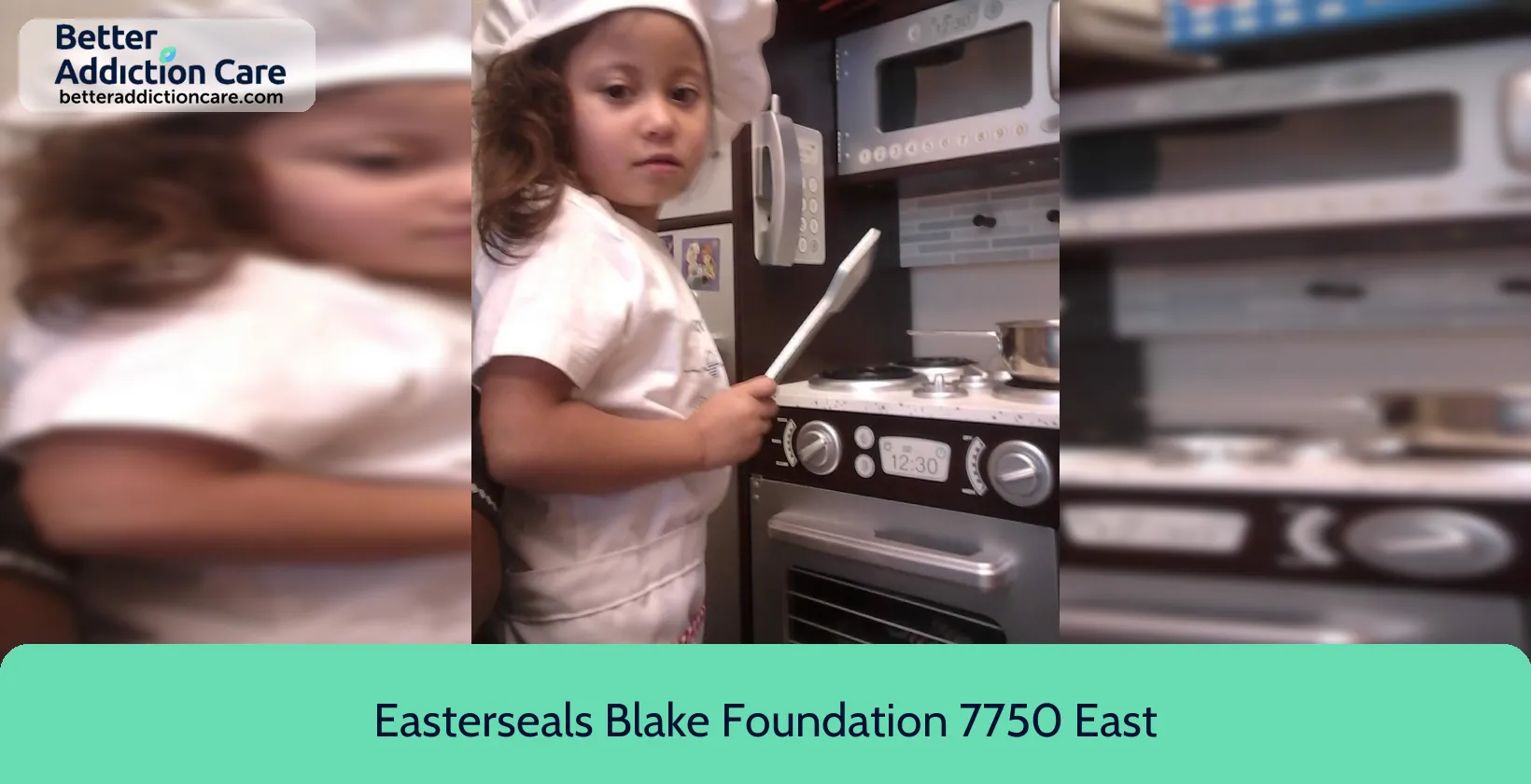Easterseals Blake Foundation 7750 East Broadway Boulevard
Overview
Easterseals Blake Foundation 7750 East Broadway Boulevard is a substance abuse treatment center for people seeking treatment near Pima County. As part of their treatment modalities for recovery, Easterseals Blake Foundation 7750 East Broadway Boulevard provides individual psychotherapy, couples/family therapy, and cognitive behavioral therapy during treatment. Easterseals Blake Foundation 7750 East Broadway Boulevard is located in Tucson, Arizona, accepting medicaid for treatment.
Easterseals Blake Foundation 7750 East Broadway Boulevard at a Glance
Payment Options
- Medicaid
- Medicare
- State-financed health insurance plan other than Medicaid
- State mental health agency (or equivalent) funds
- State welfare or child and family services funds
Assessments
- Screening for tobacco use
- Comprehensive mental health assessment
- Comprehensive substance use assessment
- Outreach to persons in the community
- Screening for mental disorders
Age Groups
- Seniors or older adults
- Young adults
- Children/adolescents
- Adults
- Seniors
Ancillary Services
- Intensive case management
- Case management service
- Diet and exercise counseling
- Education services
- Family psychoeducation
Highlights About Easterseals Blake Foundation 7750 East Broadway Boulevard
7.08/10
With an overall rating of 7.08/10, this facility has following balanced range of services. Alcohol Rehabilitation: 8.00/10, Drug Rehab and Detox: 6.00/10, Insurance and Payments: 6.00/10, Treatment Options: 8.30/10.-
Treatment Options 8.30
-
Alcohol Rehabilitation 8.00
-
Drug Rehab and Detox 6.00
-
Insurance and Payments 6.00
Accreditations
State department of health:

Government agencies issue State Licenses, granting rehabilitation organizations permission to operate their businesses legally within specific geographic regions. The licenses needed for legal operation are typically determined by the type of rehabilitation program offered by a facility and its physical location.
Treatment At Easterseals Blake Foundation 7750 East Broadway Boulevard
Treatment Conditions
- Alcoholism
- Mental health treatment
- Substance use treatment
- Co-occurring Disorders
Care Levels
- Outpatient
- Regular outpatient treatment
- Aftercare
Treatment Modalities
- Individual psychotherapy
- Couples/family therapy
- Cognitive behavioral therapy
- Dialectical behavior therapy
- Integrated Mental and Substance Use Disorder treatment
Ancillary Services
Languages
- Sign language services for the deaf and hard of hearing
- Spanish
Special Programs
- Clients with co-occurring mental and substance use disorders
- Veterans
- Members of military families
- Criminal justice (other than DUI/DWI)/Forensic clients
- Pregnant/postpartum women
Get Help Now
Common Questions About Easterseals Blake Foundation 7750 East Broadway Boulevard
Contact Information
Other Facilities in Tucson
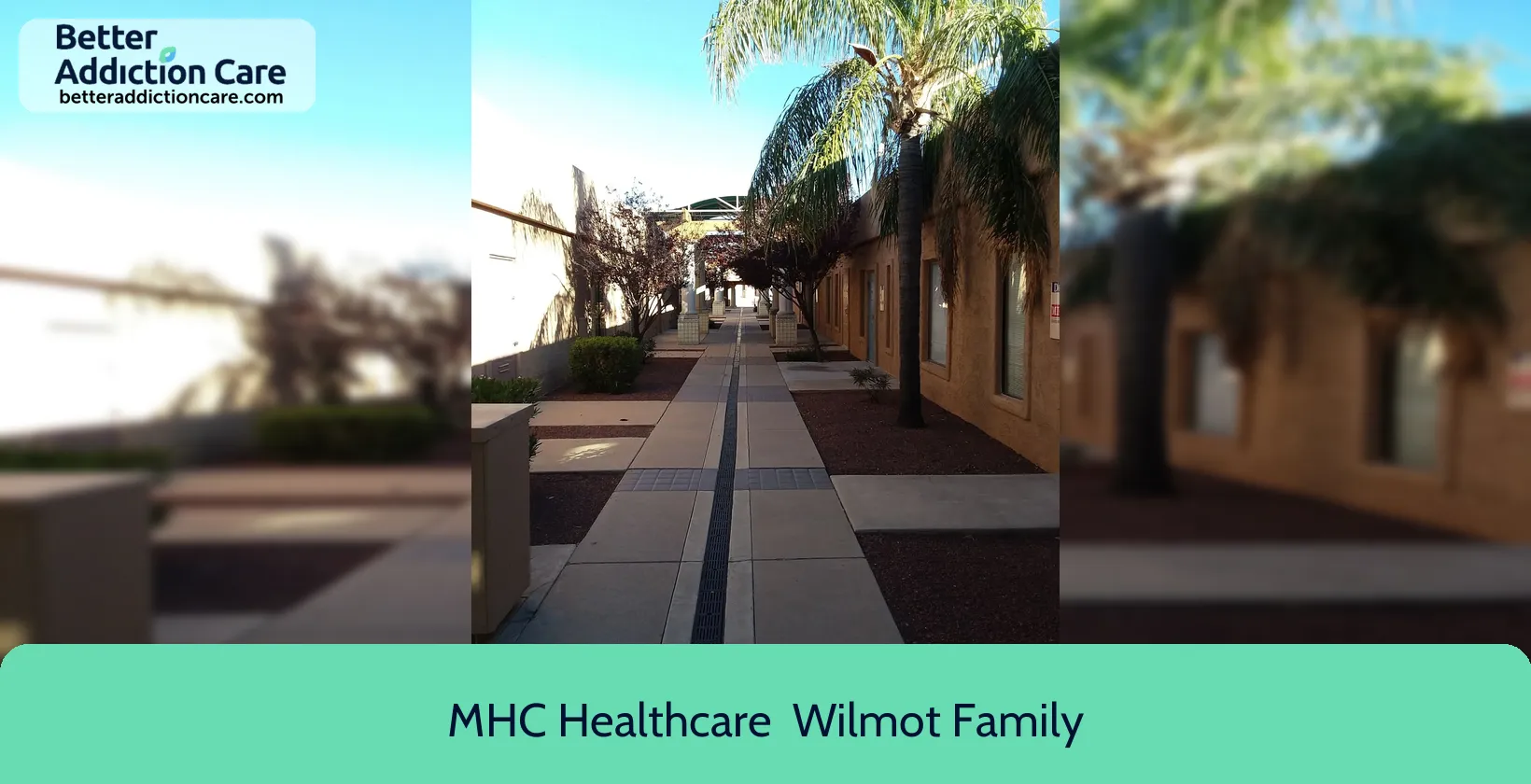
7.43
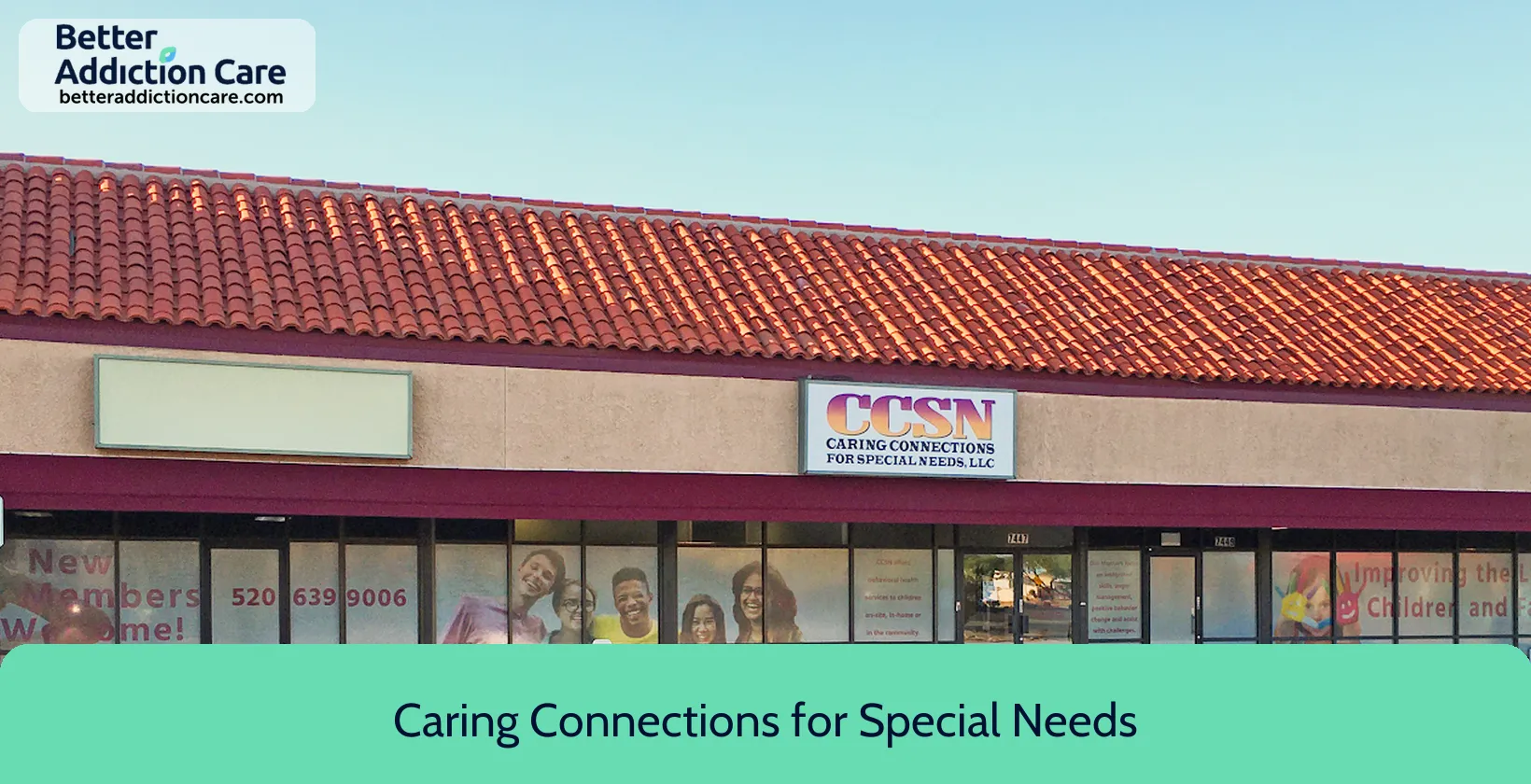
6.56
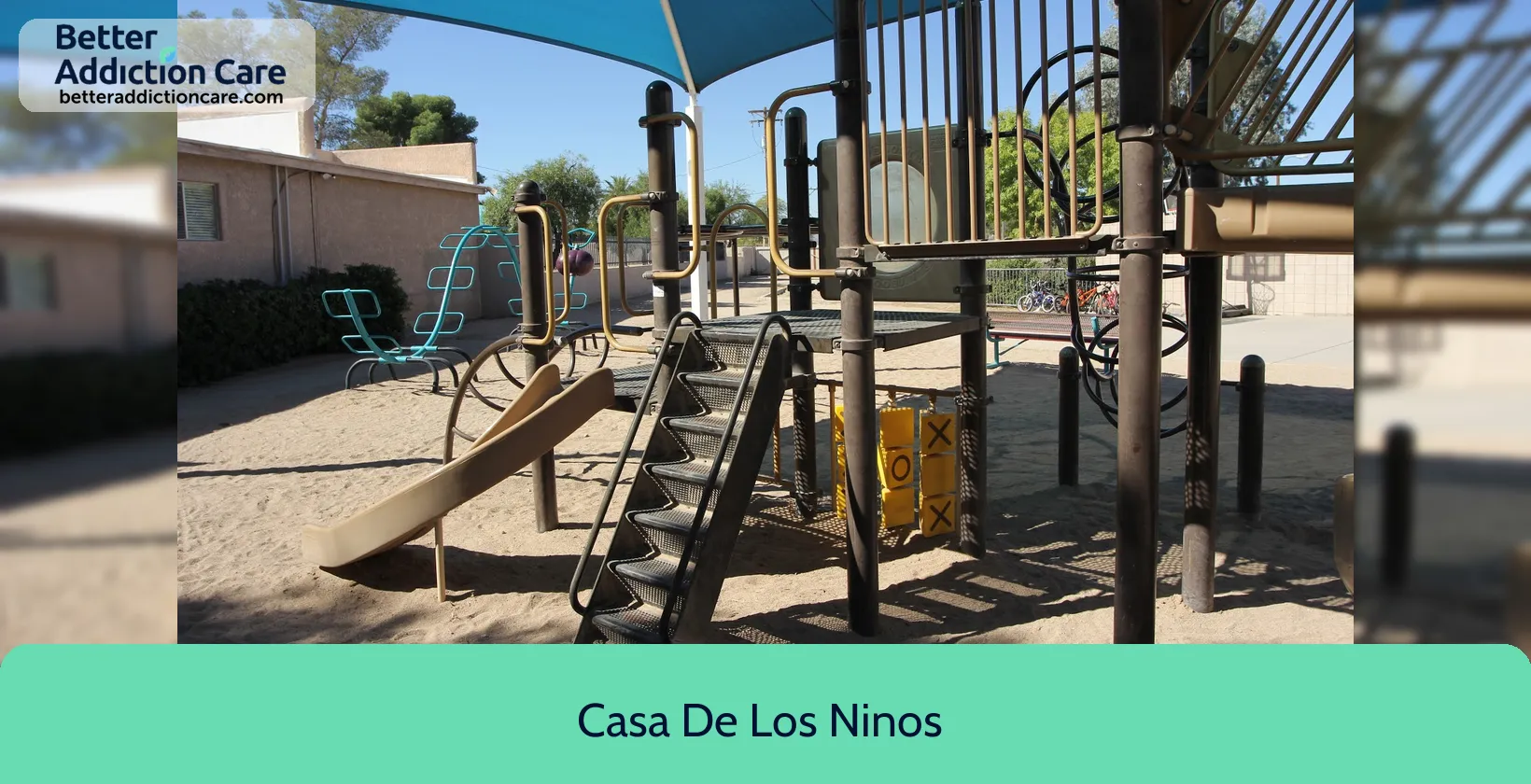
6.62
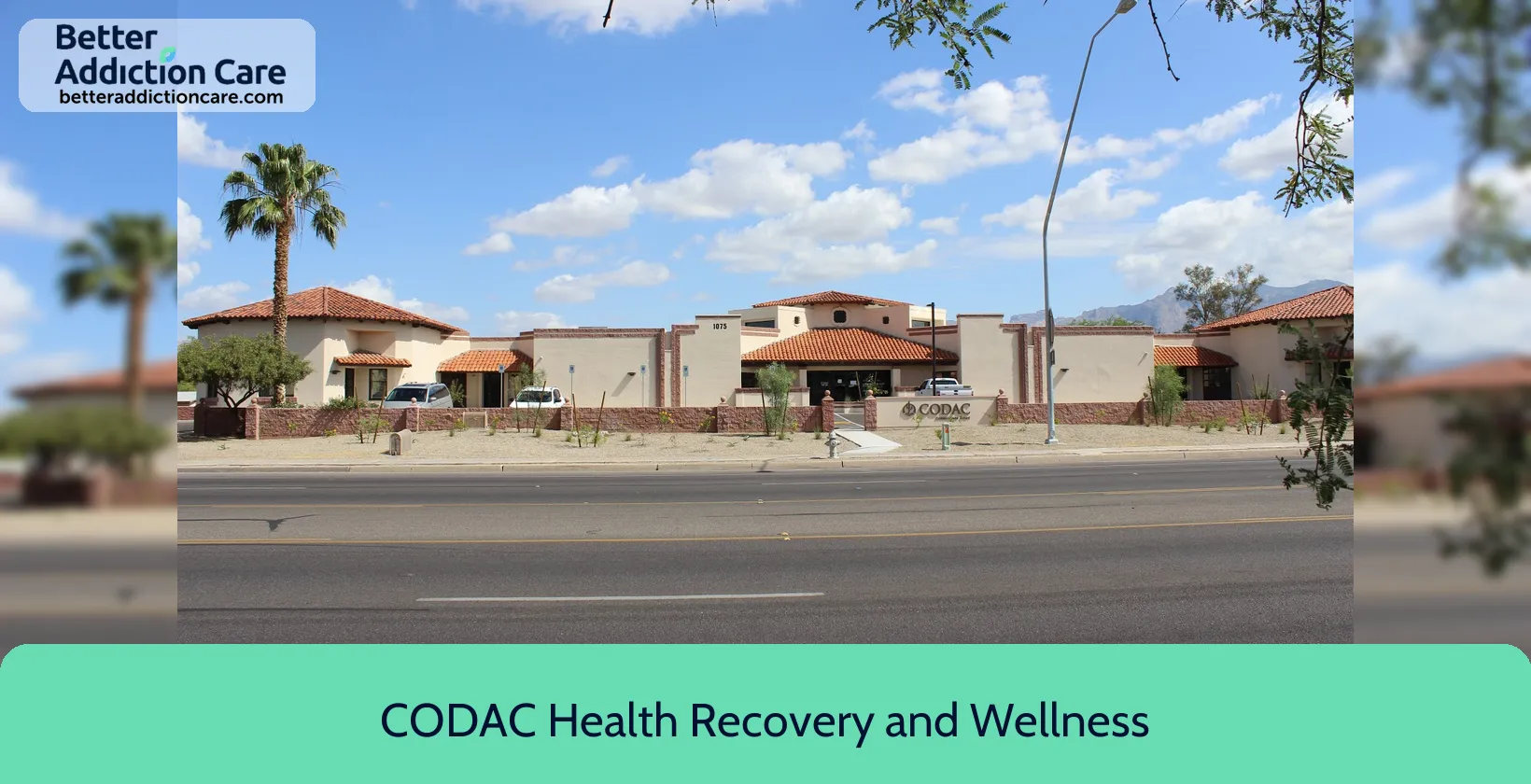
7.57
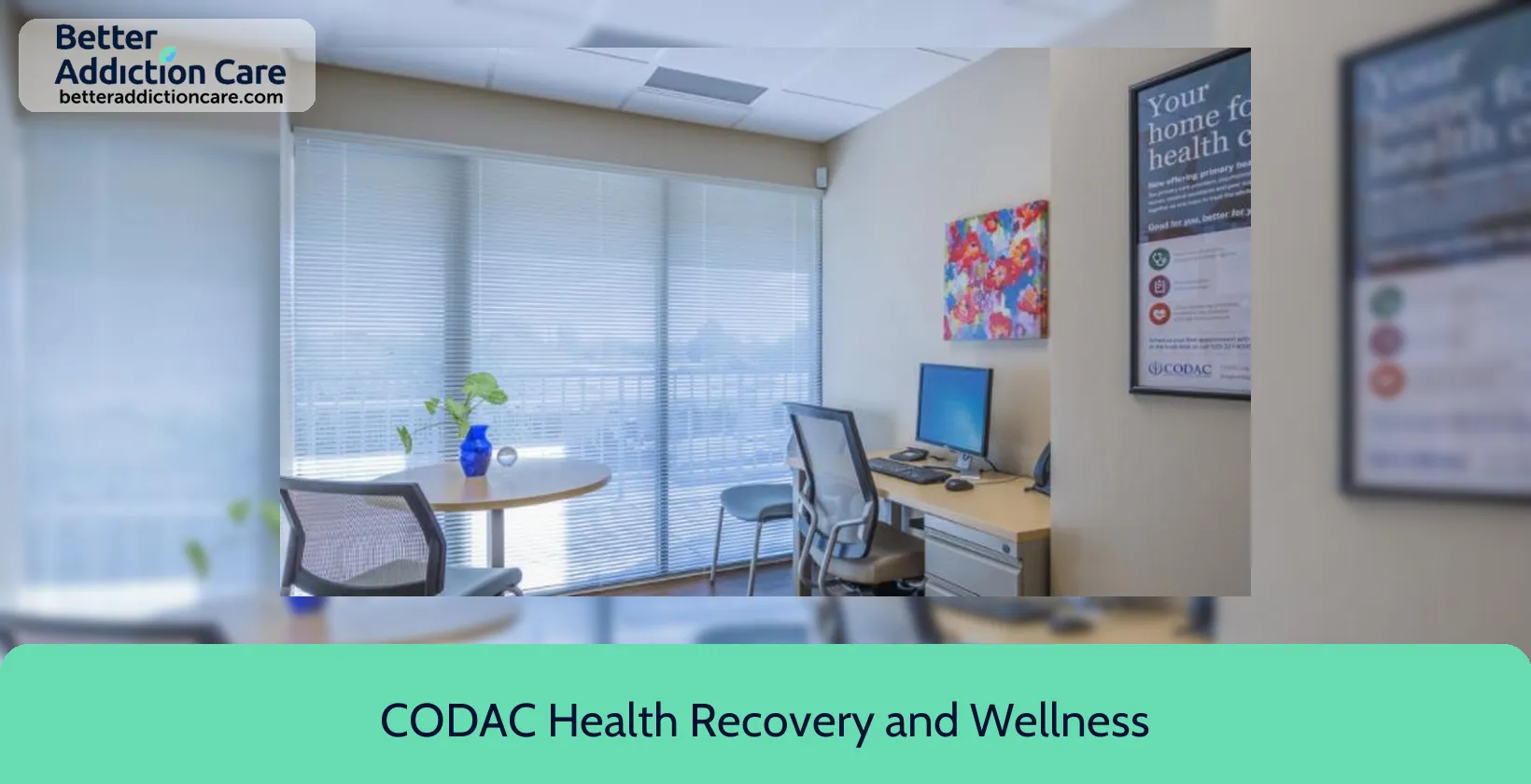
7.81
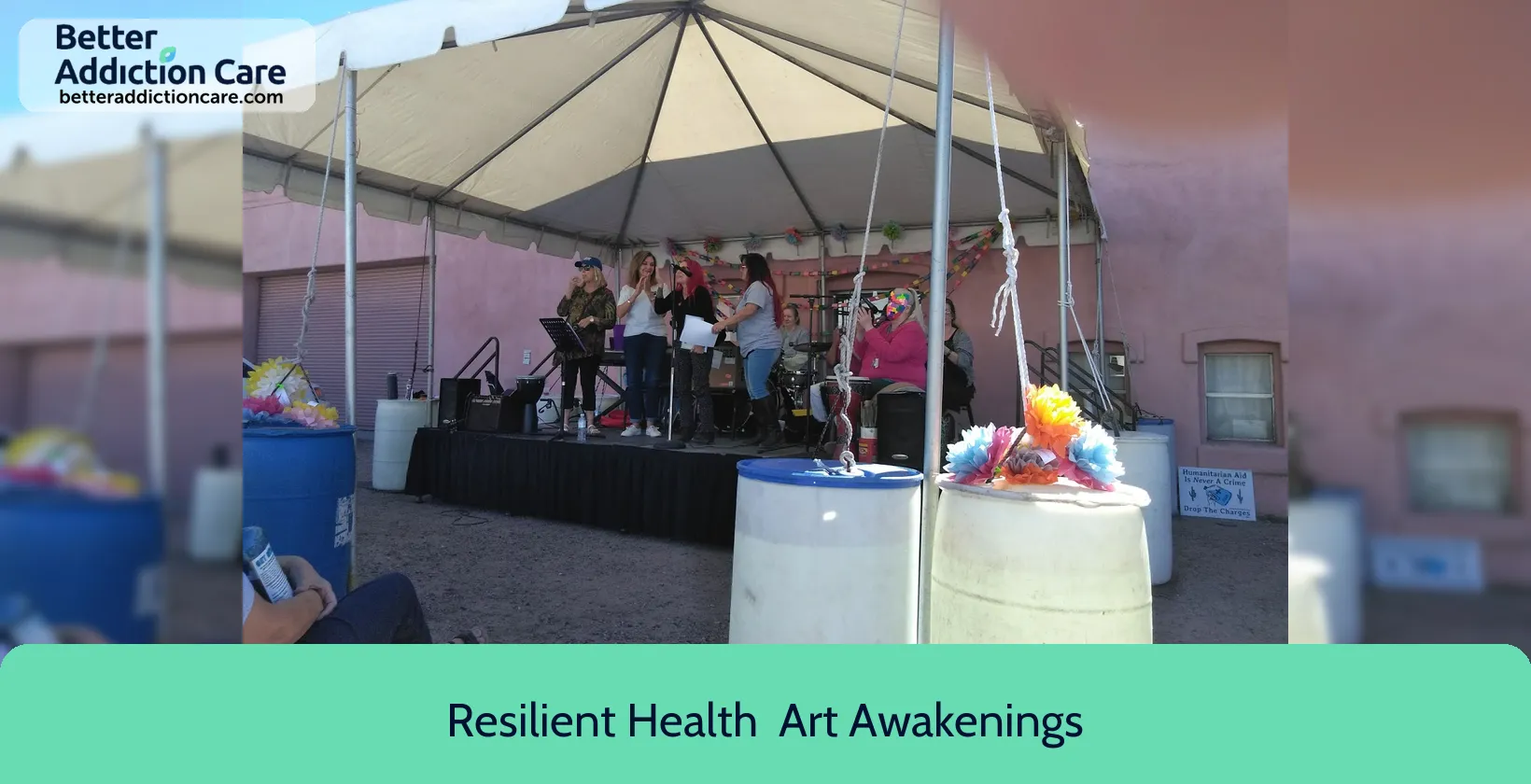
6.68
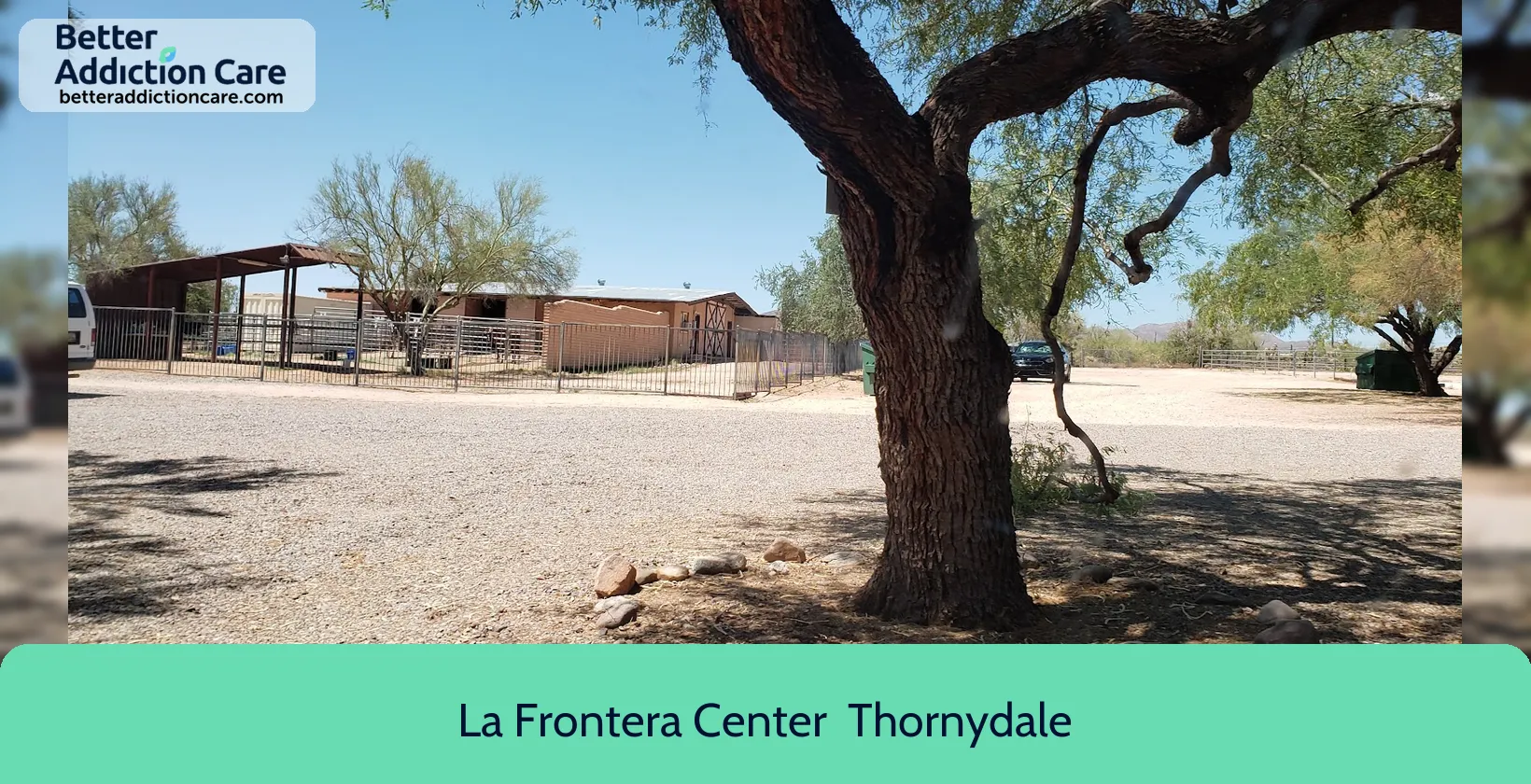
6.68
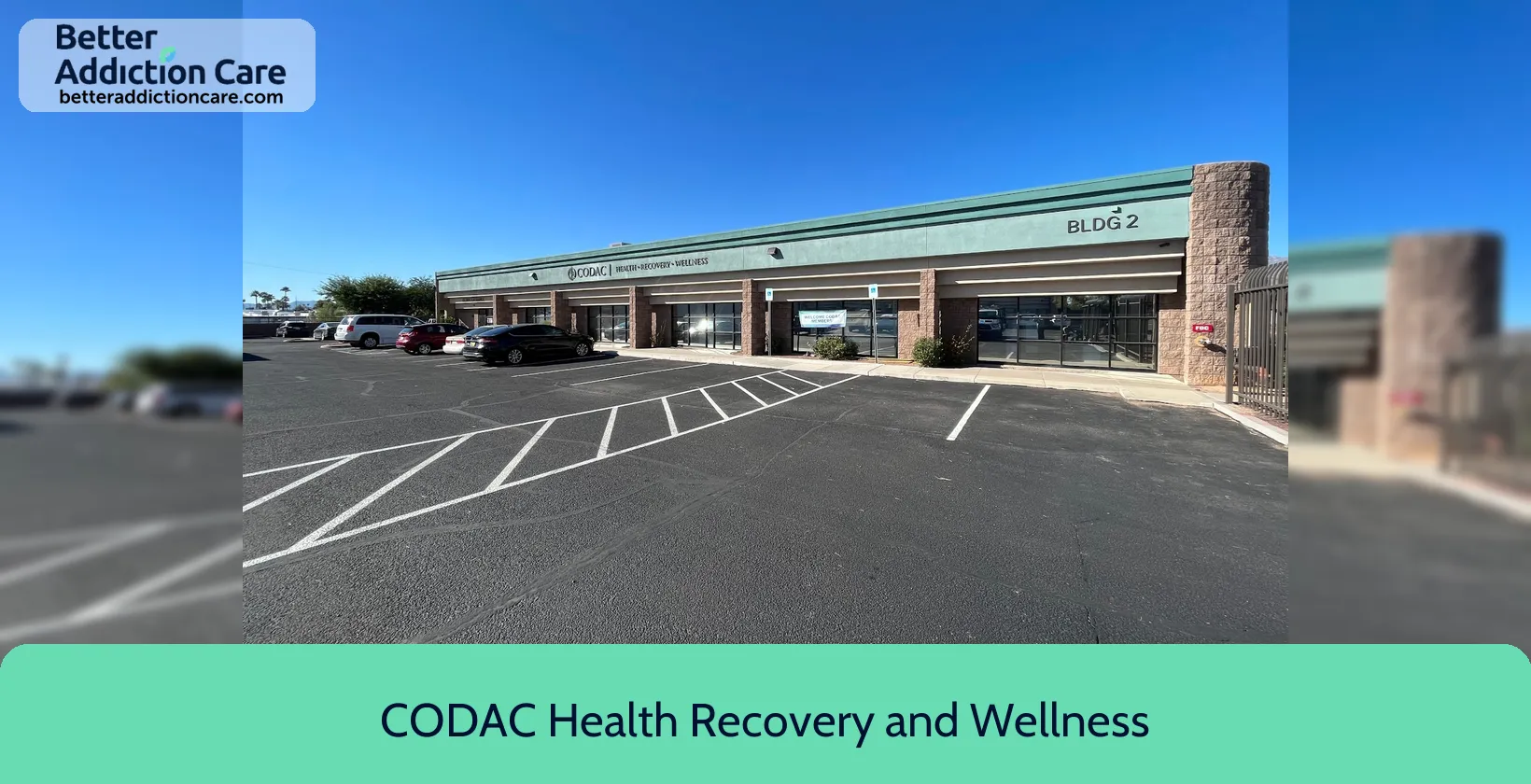
7.49
DISCLAIMER: The facility name, logo and brand are the property and registered trademarks of CODAC Health Recovery and Wellness - Speedway, and are being used for identification and informational purposes only. Use of these names, logos and brands shall not imply endorsement. BetterAddictionCare.com is not affiliated with or sponsored by CODAC Health Recovery and Wellness - Speedway.
